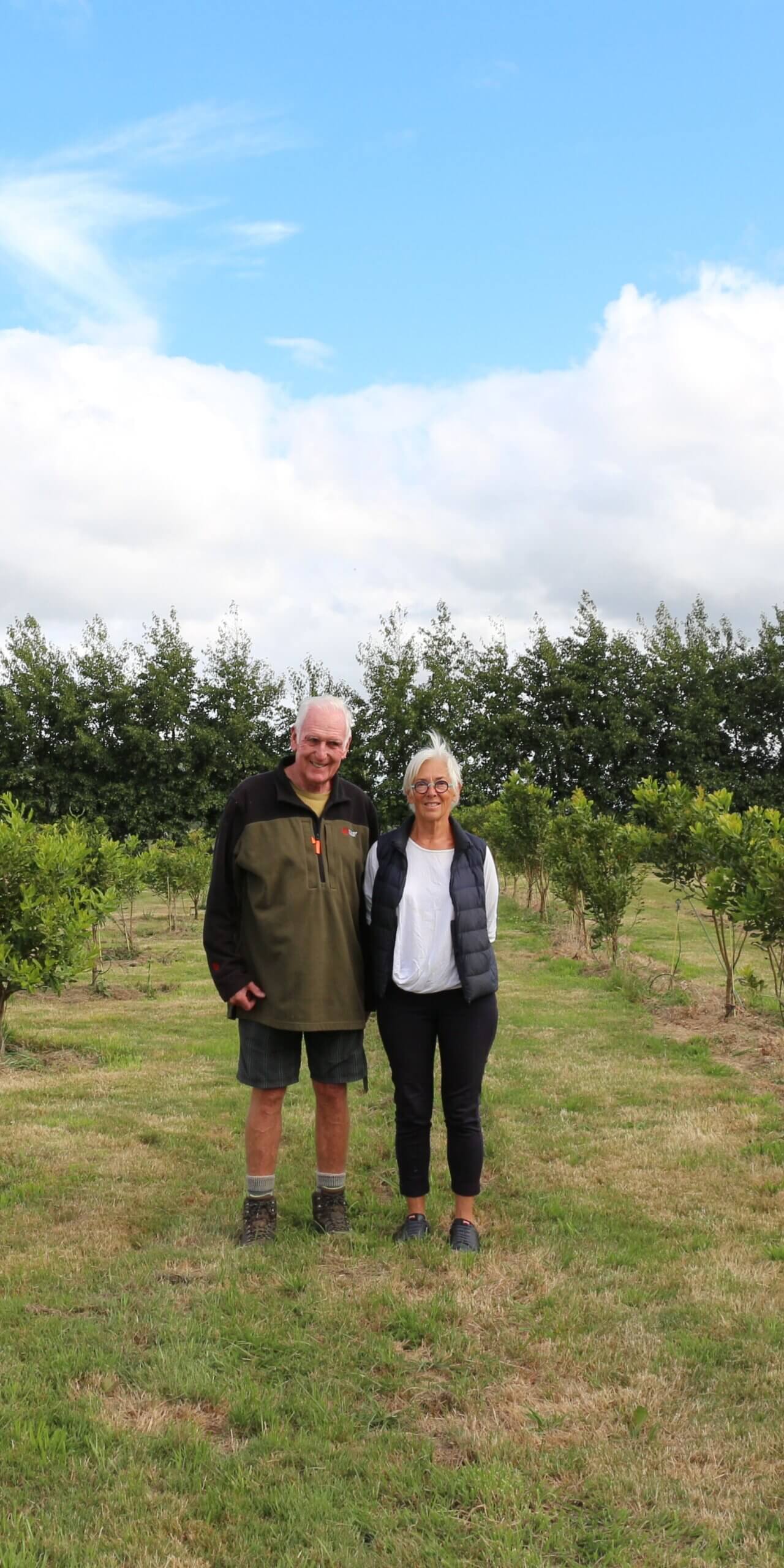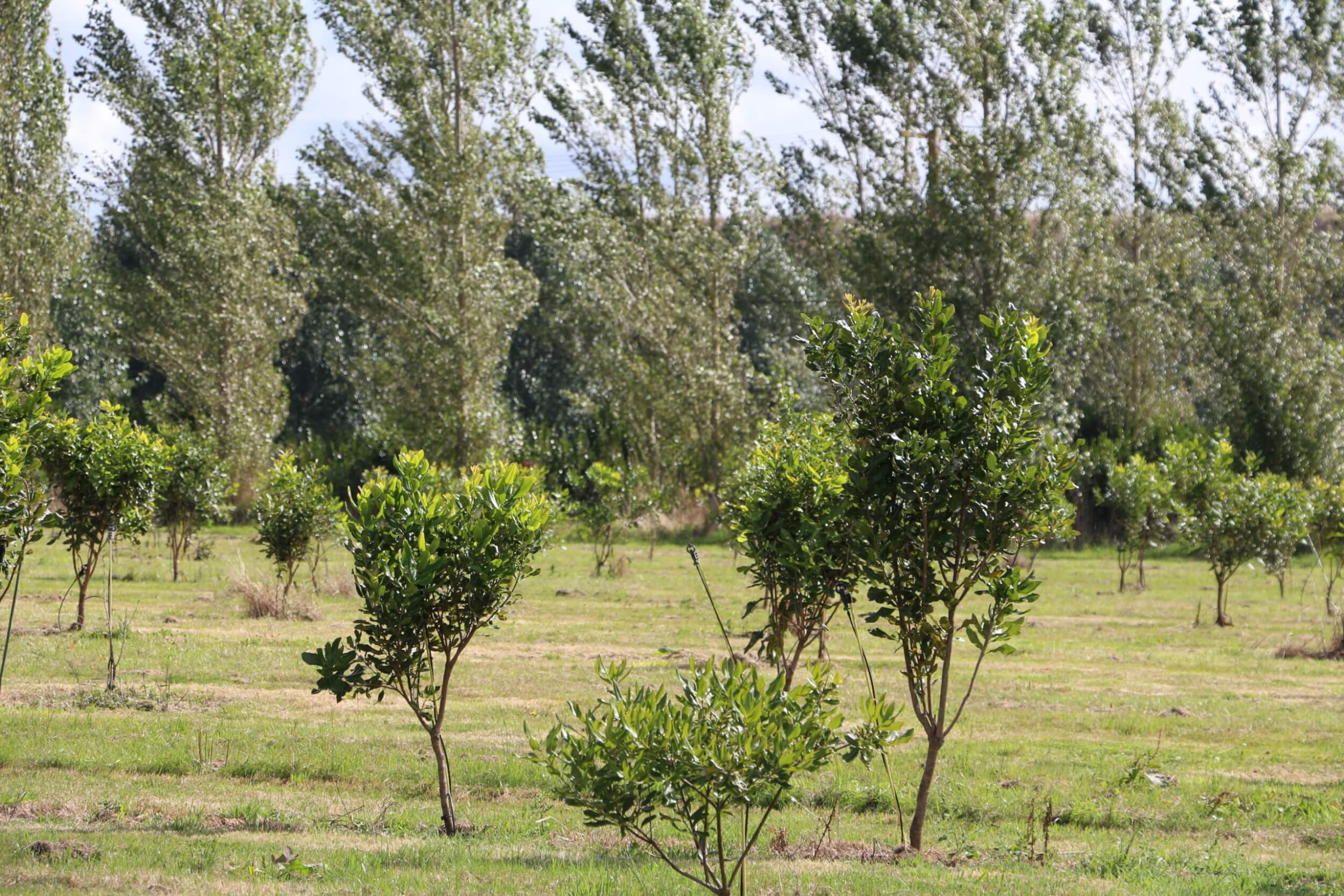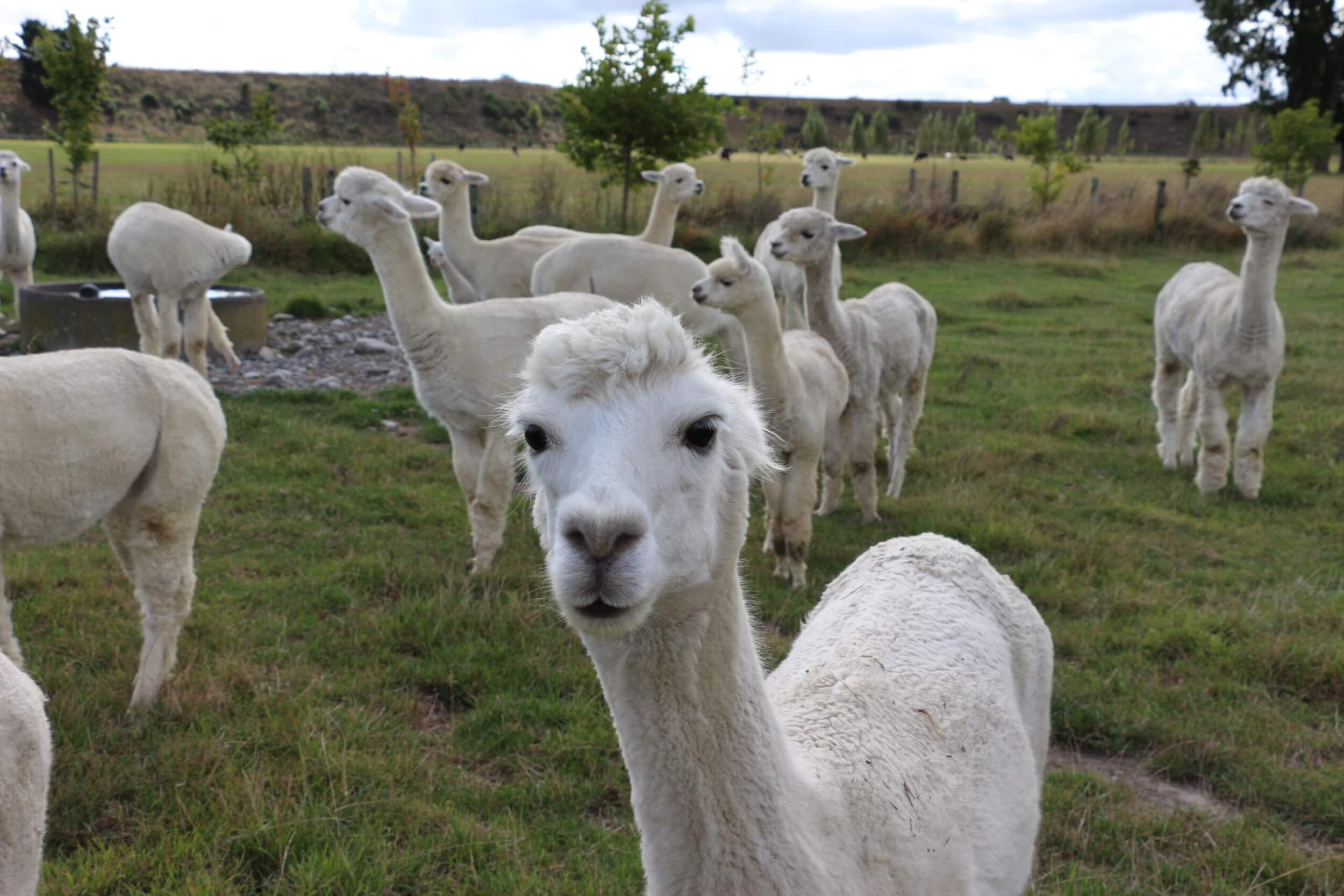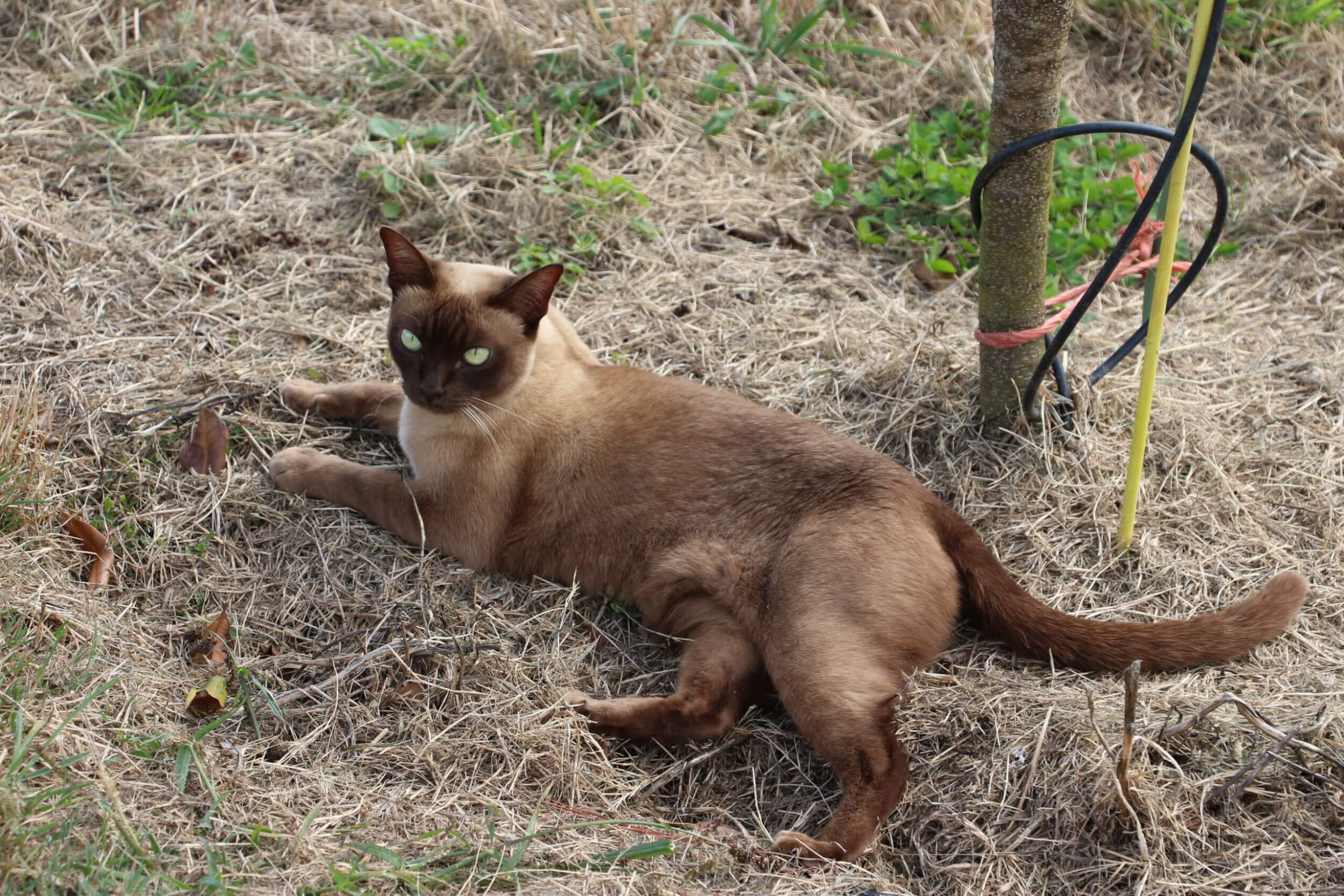Back
BUSINESS > CONFERENCE & BUSINESS EVENTS >
Building a farm from the ground up
Jill and Rob’s journey started in a small cottage on their Almadale farm, where they lived for three years while their home - an eight-bedroom house composed of four separate buildings - was relocated to the property. “We always intended to use at least 10% of the land for food growing,” says Jill. “We just didn’t know exactly what that would look like at first.”
The couple started with beef finishing and breeding alpacas for their fleece, but a desire to diversify led them down an unexpected path: macadamias. “Macadamias have that ‘yum factor,’” Rob laughs. “We thought about almonds, but they’re too water-intensive. Walnuts? I just don’t like them. Hazelnuts? A bit boring. But macadamias? Now that’s something special.”
The challenges and lessons of farming
The journey into macadamia farming wasn’t straightforward. “Macadamias are frost-tender,” Jill explains. “We had to invest in a frost protection system where we spray water on the leaves to stop them from freezing. We’ve also chosen to plant the trees in a paddock that hasn’t been heavily grazed, giving the orchard the best possible start.”
Cyclone Gabrielle in 2023 posed another challenge, causing hundreds of trees to be washed sideways. Yet, resilience is part of farming, and they have worked hard to get the trees back on track. With the macadamia orchard nearly complete, Jill and Rob are thinking about the future. “We don’t plan more than 18 months ahead,” says Jill. “You have to be flexible and open to new information. Farming teaches you to pivot when needed.”
Rob and Jill divide responsibilities based on their strengths. “I stick to the beef finishing,” Rob says, “and Jill focuses on the macadamias.”
Jill nods. “Rob is great mechanically, so he keeps everything running. I’m better with plants. We make a good team.”




Creating a network of knowledge and support
Neither Jill nor Rob had farmed before moving to Manawatū. “We learned everything from books and conversations with neighbours, consultants and scientists” Rob says. “One of our best connections was a young guy from London who had come back to manage his family’s farm. He’d stop by twice a week for coffee and biscuits, and we’d talk farming.”
The couple put a lot of work into restoring the land. “When we bought the place, it was in rough shape,” says Jill. “We spent the first five years aggressively correcting the soil. We fenced off waterways, planted trees, and made sure everything was set up for food growing.”
The value of shared resources
With macadamia processing being a challenge in New Zealand, they see potential in creating shared processing resources for other growers in the region. Once harvested, macadamia nuts require dehusking, drying, and shelling before being sold. With the right systems in place, they envision not only selling raw macadamias but also exploring value-added products in the future.
They recently visited a manufacturer of macadamia processing equipment in Snells Beach. “He gave us two hours of his time,” says Rob. “It was invaluable. We are aiming to build a national network because so many growers give up. The nuts rot since processing is too hard. That’s why we’re setting up our own processing capability.”
Advice for other land owners considering diversification
When asked what advice they’d give to others considering land diversification, Rob laughs. “Prepare, prepare, prepare. And then be ready to throw your plans out the window if something better comes along.”
They stress the importance of soil health, patience, and continuous learning. “The secret to growing is in the soil, and the secret to learning is making mistakes,” they reflect.
Their journey hasn’t been without challenges, but their persistence, adaptability, and commitment to sustainability have made them successful. At ages 67 and 70, they continue to do all the work themselves - defying expectations and proving that bold decisions, informed by knowledge and a willingness to evolve, can lead to a thriving and fulfilling farming enterprise.
The couple has a favourite quote from The Best Exotic Marigold Hotel: ‘Everything will be alright in the end. And if it's not alright, then trust me, it's not yet the end.’ It’s a philosophy they’ve taken to heart as they build their dream farm, one tree at a time.

CEDA
Level 1, 5 Broadway Avenue,
Palmerston North 4410
+64 6 350 1830
[email protected]
CEDA.nz
Palmerston North City i-SITE
The Square, Palmerston North
0800 MANAWATU
(626 292)
[email protected]
ManawatuNZ.co.nz/isite

Feilding and District
Information Centre
Te Āhura Mōwai
64 Stafford Street
+64 6 323 3318
[email protected]
ManawatuNZ.co.nz/feilding
Tap on the  throughout our website to add an experience, accommodation, or event to ‘My Trip’, or explore directly from our interactive map. View Map >
throughout our website to add an experience, accommodation, or event to ‘My Trip’, or explore directly from our interactive map. View Map >
You can drag and drop activities to reorder them. Try downloading so you can print or share your upcoming Manawatū itinerary